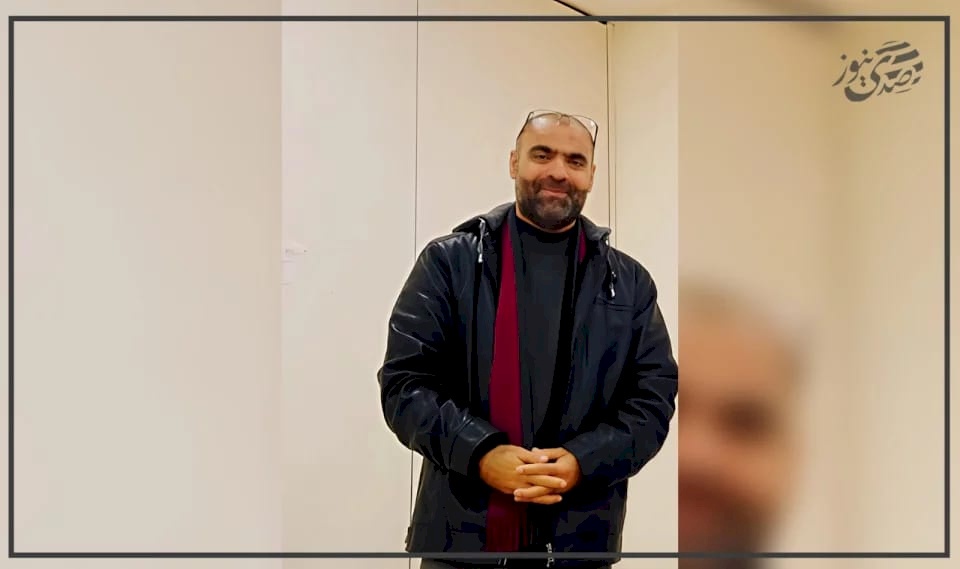
Emotional Adaptation and the Philosophy of Educational Resistance in Palestine
The Palestinian Educational Coalition
A researcher in the educational field
From the standpoint of steadfastness in the heart of the storm that is destroying educational structures and tearing apart the targeted social fabric, the concept of "emotional adaptation" emerges as an existential educational philosophy for Palestinian teachers in Gaza and the West Bank due to the scene of crime on Palestinian geography, both human and place. This normalization in adaptation is not, of course, a surrender to the occupied reality, but rather a conscious psychological evasion mechanism that transforms prolonged pain into a different and resistant educational act. While the cultured teacher rejects the concept of political adaptation driven by pacification with the occupation, he practices emotional adaptation to the daily concerns, transforming it into a creative educational energy despite the obstacles.
Emotional adaptation here is a dynamic process that transforms suffering into an educational tool: the teacher in the displacement tent, or under bombardment, or in the besieged house does not have the luxury of waiting for stable conditions. He normalizes feelings of fear, anger, and despair to transform them into a deliberate and productive adaptation that serves as a motivation for giving. The unique social-emotional learning programs, implemented by the Ministry of Education in partnership with the Teacher Creativity Center, demonstrate how emotional adaptation becomes a practical methodology: dozens of school initiatives targeted over a thousand students and exceeded a hundred teachers, focusing on managing a spectrum of emotions saturated with shocking political transformations, and building psychological resilience in the face of this reality. These initiatives were not technical training separated from reality, but were existential exercises in maintaining the flow of humanity amidst inhumanity.
The philosophy of emotional adaptation is based on the duality of rejection and acceptance: rejection of political normalization with the occupier who seeks to erase the teacher's identity, and acceptance of the difficult emotional reality as a subject to deal with, not a defeat. Teachers in Gaza who create classrooms in hot tents and use virtual platforms despite power outages practice "positive adaptation" as described by Cassell in self-management and social awareness skills, yet they refuse to adapt the relationship with injustice. They adapt their emotions to pain without normalizing their consciences with injustice. This is what is happening in Jenin and Tulkaram in the West Bank.
The greatest challenge for this emotional adaptation is preserving identity and self amidst displacement: the minority - as clarified by emotional social learning research - needs skills that differ from the Western model, such as building collective identity and cultural pride. When the occupation destroys 90% of Gaza's schools and kills around a thousand teachers, emotional adaptation becomes a means for weaving collective memory. Initiatives like those implemented by teacher N.A. to encourage students to hold on to their dreams and not let go of them, even as she earns a salary sufficient to buy two pounds of tomatoes without additional items, and walks six days a week for two hours each day to fulfill her educational mission under the scorching sun that falls on areas crowded with crumbling and burning cement, reaching the tent of wonders, in which one classroom contains more than eighty children, with each seat having five chicks opening their mouths to absorb passion as much as possible. The same teacher, in her daily walk beside the tents, hears the noise of the children being abused by their guardians due to the psychological clash with the miserable reality extending along the Gaza strip, prompting the teacher consciously to adapt all that despite its harshness and bitterness for a sweeping cultural resistance against identity erasure, and a form of hope formulation.
Today, while 88% of Gaza's schools are declared destroyed, teachers' emotional adaptation becomes a philosophy of survival. It is the "real adaptation" which means uprooting the occupation from souls before land. The teacher who teaches in the tent, and the students who learn amid the rubble, practice the noblest forms of resistance: making life where death plants its mines. This is the educational miracle that establishes the victory of memory over oblivion, and life over destruction.

Huckabee's Statements Reveal the Falsehood of Trump's Peace and Reinforce Religious Confli...

Licensed Occupation by Law

Whoever Does Not Plant Hope, Plants Departure...

Between "Here is Jerusalem" and "Here is Gaza" ... The Voice of a Nation and the Steadfast...

While some count the boos, Palestinians count their martyrs.. Paradoxes of the internation...

When the Palestinian Issue is Reduced to Gaza Management

Legally Licensed Occupation

